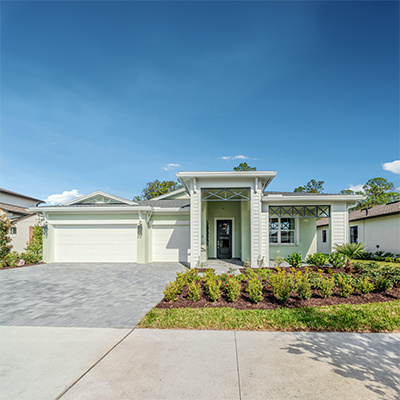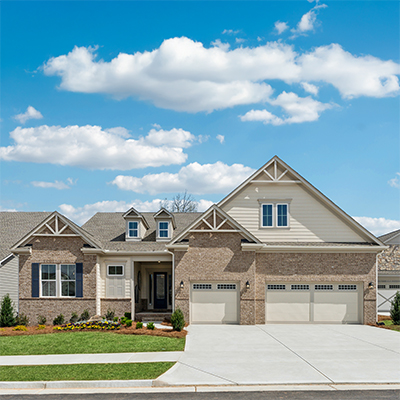What Hurricane Sandy Can Teach You about Buying A Home for Retirement
Category: Retirement Real Estate
November 20, 2012 — If Hurricane Sandy had some tiny silver lining amidst the tragedy it wreaked in the Caribbean, New Jersey, New York, and elsewhere, it is its lessons on preparedness. Those lessons could be very relevant to you if you are considering buying a retirement home in the next few years.
Infrastructure experts have long warned state and local officials as well as home owners about serious problems that could come with coastal flooding. Yet electrical and communications equipment left at ground level flooded, along with subway and car tunnels. Homes in flood zones were destroyed, above ground power lines were downed, roads washed out. The resulting human suffering is beyond what we can comprehend from watching the news.
The New York Times reported today about a community in the Rockaways, “A Much Criticized Pocket of the Rockaways“, that did pay attention to these warnings. The community was Arverne by the Sea, home to over 1,000 families in the Rockaways, a New York City neighborhood near the beach. Arverne, much maligned because of its size and pricey homes, did a lot of things right. And, unlike its next door neighbors that now look like a war zone, the community sustained almost no damage from Sandy.
The infrastructure features in Arverne are notable. Keep them in mind as you shop for a new home, particularly if you are looking in an area affected by storms, earthquakes, tornadoes, floods, and other natural disasters. Ask yourself these questions as you look at retirement real estate.
– Is your new home high enough? Arverne was built 5′ higher than its surrounding neighborhood, a margin that helped keep it safe.
– Are the utilities underground? This community got its power back sooner, in part because there were submersible transformers and underground lines.
– Are construction materials sound enough? The homes here have steel framing and cement-composite shingles. The latter are also important in parts of the west prone to wild fires.
– Are windows protected? Doors and windows are the weak links in a storm. If you live in a hurricane zone you need hurricane strength windows or pull down shutters to prevent your roof from being blown off.
– Are you in a flood zone? Arverne had grassy sand buffers, along with specially engineered drainage systems. Places in New York that never thought about floods were inundated by Sandy.
– Can the neighborhood be accessed in an emergency? Homes in New York and in Greenwich, CT burned to the ground because fire trucks couldn’t get down roads blocked by floods or downed trees. Other homeowners are shocked by their fire insurance rates because they are too far from a hydrant of fire house.
– Did the construction follow the latest building codes? In recent years building codes have gotten much better at protecting new homes, using better materials and simple techniques like tie down straps and minimum nail counts. Yet some communities dp not enforce them, nor do all builders follow them.
Bottom Line
The list of items for your due diligence keeps getting longer. Yet you will save a lot of heartache by asking questions and doing your research, before you buy. We are hoping our readers can add other items to this list that should also be considered. Please add your ideas as Comments to this article.
For Further Reading
10 Things for Your Financial Due Diligence List






Comments on "What Hurricane Sandy Can Teach You about Buying A Home for Retirement"
Sandie says:
We're seriously considering not buying another home after "retirment" and renting instead. This limits your exposure to disasters. Yes, there will be unexpected costs, but owning has costs too.
Jan Cullinane says:
Garage doors are the most vulnerable part of the house during a hurricane, due to the lightweight materials they are made from, and the big expanse they cover. When we built our home (in Florida), we made sure to install wind pressure rated garage doors. There are also bracing kits that can reinforce and add weight to existing garage doors. Most people think about the roof; don't forget your garage doors.
Jan Cullinane
The Single Woman's Guide to Retirement
The New Retirement: The Ultimate Guide to the Rest of Your Life